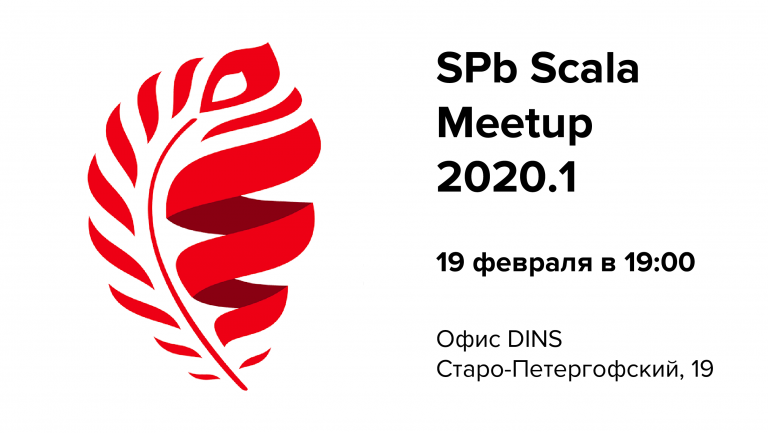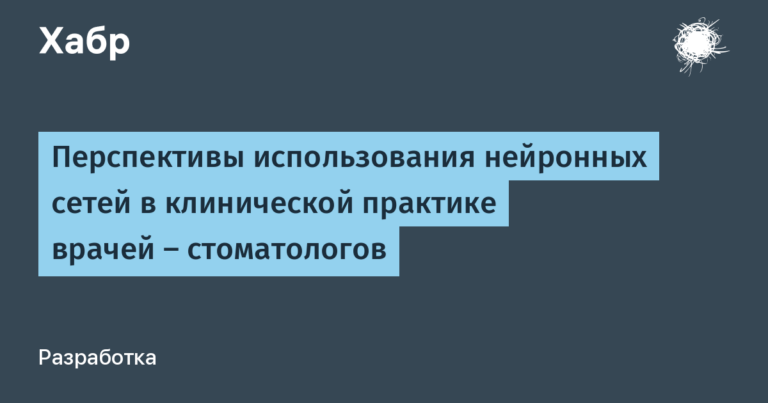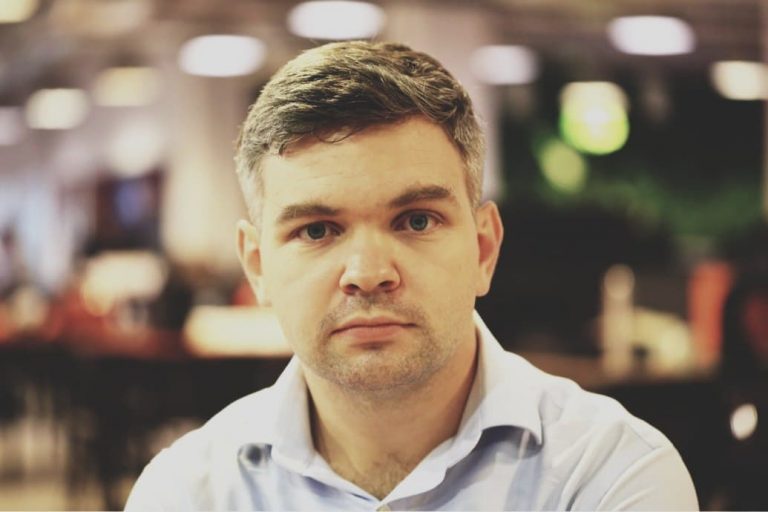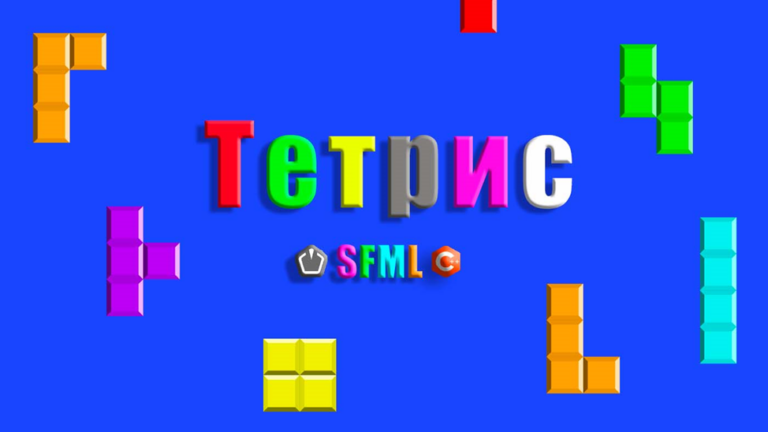How I entered a Czech university as a programmer after college in Yekaterinburg
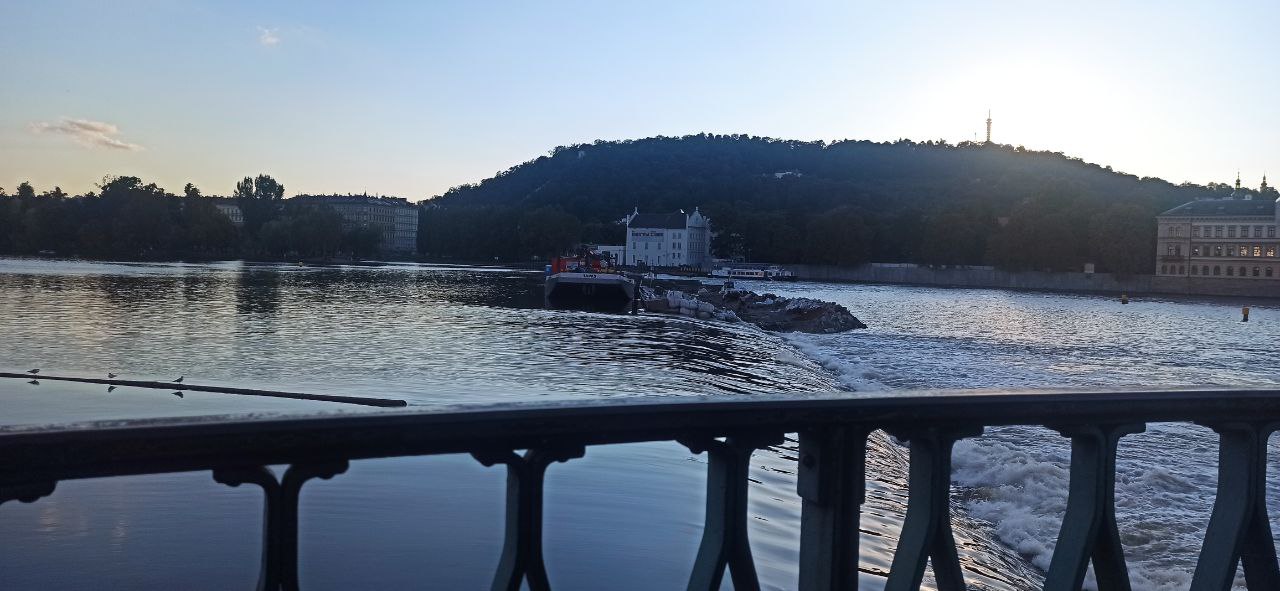
5 years ago, when I turned 20, I went on vacation to Spain. It was my first trip to Europe and abroad in general. There I met the local Russian-speaking community – guys who moved to study and work in Spain. After talking with them, I realized that it is quite possible to get an education in Europe, even if you are a simple guy from Yekaterinburg. Looking ahead – everything turned out to be so, I succeeded in my plan. About how and what I did, I tell under the cut.
Having set a goal, I began to look for options for moving. Of the countries, in addition to Spain, I considered the Czech Republic, Germany, and also America. The price was the main criterion – it was important for me how much it costs to live in the country, study, and how much the move itself can cost. I also looked at how the educational process in universities is organized in the country: for example, in Russia you are obliged to master basic disciplines along with specialized disciplines – take history, sociology, go to physical education. In Germany, there were fewer non-core subjects, but in those universities that I liked, it was mandatory to pass philosophy and psychology. I didn’t want to waste time on something that would hardly be useful in my work, so I settled on the Czech Republic – the local education system allows you to choose basic subjects at will.
As for the specialty, in Yekaterinburg I studied at a college as a catering technologist. However, it so happened that all my friends entered IT specialties, so after completing my secondary education, I wanted to start developing in the same direction. So, I was going to enter a Czech university to study applied computer science – that is, a programmer.
Having decided on the country and the direction, I began to look for specialists who could help me with admission and learning the language. That’s how I came across the GoStudy language school, where I could learn Czech with a bias in IT and prepare for admission to the Czech Technical University. Also at school, they gave me a contract to take time to finish college, and then start preparing for admission and moving. Therefore, the puzzle immediately took shape.
Then covid struck, which, fortunately, did not affect my plans. In 2021, I was graduating from college and at the same time collecting documents for admission. The right decision was to start collecting them from the beginning of the year, because not all papers can be obtained quickly – the same certificate of good conduct is done up to 30 days. I applied in June. Having received a positive response, I began to apply for a visa – it was considered for two months. I ended up in the Czech Republic with a slight delay already at the end of September – before my arrival, I studied with my group remotely.
In theory, this path could be passed without the help of companies like GoStudy, however, it is very difficult to independently conclude an agreement with the university and figure out what documents are needed, where to get them, and how long they take to complete. It is quite easy to miss some important detail that can affect the possibility of admission. Plus, already upon arrival in the Czech Republic, I faced new difficulties – it was often not clear where to get or where to take the necessary document, in what time frame, and so on. But I could clarify all these points at school.
In total, I spent relatively little on the move. The language courses, together with preparation for admission, cost me 5 thousand euros, which were divided into four payments – 500 euros for the first installment and three payments of 1.5 thousand each. The consular fee for my type of visa was 120 euros, the plane ticket cost me 250 euros, and I paid 400 euros for medical insurance for a year. The hostel cost 260 euros per month. If you put it all together, it comes out a little more than 6 thousand euros. As for me, not bad for moving: to leave for the same America would cost me much more – more than a thousand bucks would have gone just to land there.
If we talk about current expenses, now I no longer live in a hostel and rent a small one-room apartment – I decided that I was ready to pay a little more for personal space. The apartment costs me 340 euros per month. I spend about 300 euros on food, but at the same time I rarely resort to going to restaurants and deliveries. A ticket for all types of transport costs 6 euros per month – it’s like Troika in Moscow, only it also includes trains within the city. I spend about 150-200 euros on entertainment – we have many museums, galleries, for outdoor enthusiasts there is all sorts of billiards, golf and so on. At first, I didn’t have this item of expenditure at all – my entertainment was to walk around the city and look around.
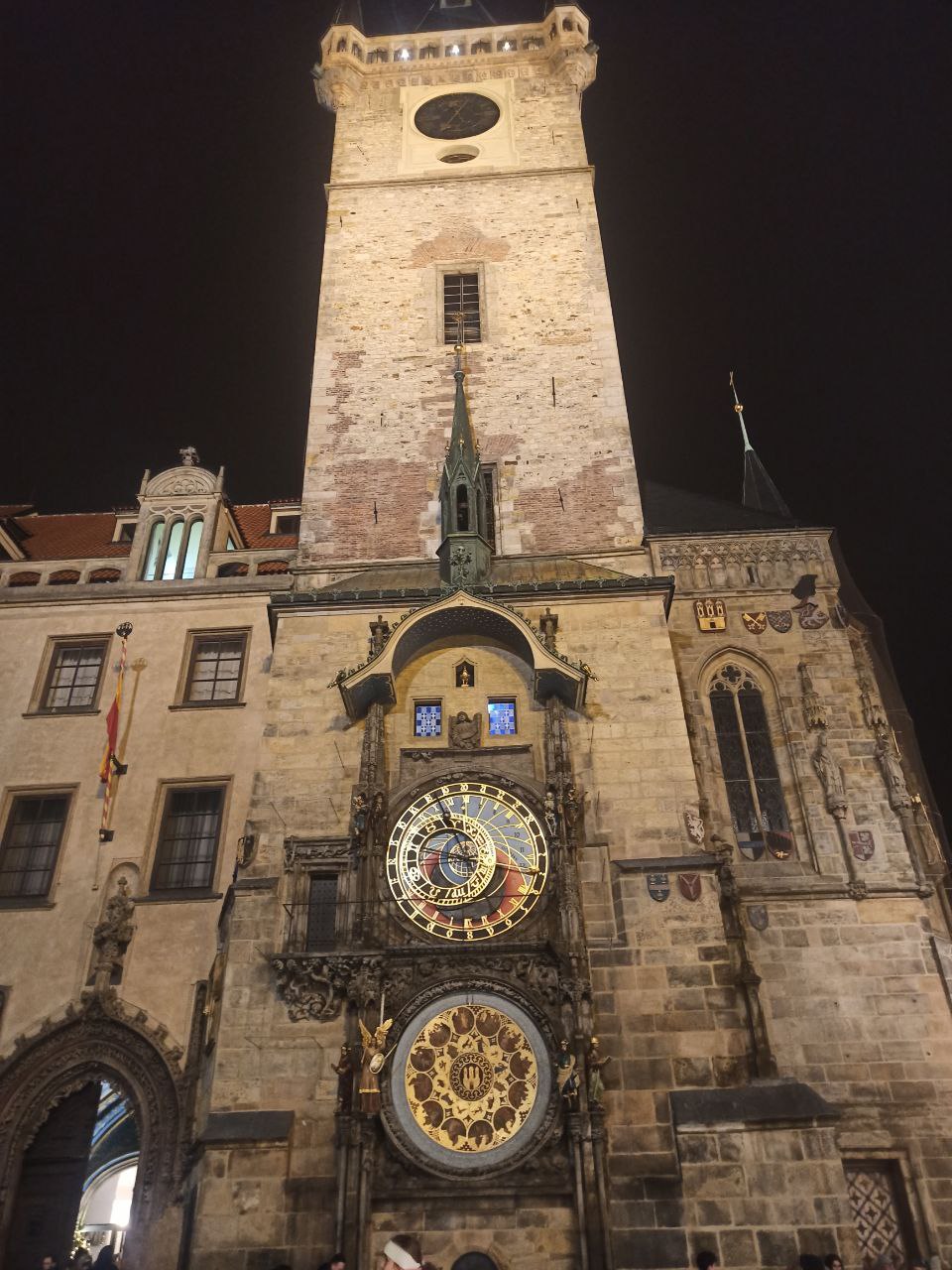
In addition to the low cost of living, among the advantages I would note the opportunity to receive education for free – however, for this you need to learn the Czech language, but if you wish, this is not a problem. In general, the local education system has many advantages, which I will discuss below. I also like the local mentality and the fact that Russians are treated calmly here. During these more than a year and a half, I have never encountered aggression or any unpleasant moments associated with stereotypes. There is no such thing that if you are Russian, everyone thinks that you are an alcoholic and rowdy. There is a very large Russian-speaking community here, many people speak Russian on the street, and no one pays attention to this. At the same time, many university teachers under the age of 50 know Russian.
There is probably only one tangible minus for me – bureaucracy. When you need some documents, you have to take a live queue from the early morning, and having defended it, instead of the treasured papers, you can get instructions to return for them in two months, and then go through the same thing. I also don’t like very changeable weather – I still don’t understand how to dress here. Sun and rain can replace each other every couple of hours.
As for studies, I really like that here you can’t fly out for some stupid reason from the category of “failed to pass psychology”, as in Russia. Those who are more or less trying, this does not threaten at all. Didn’t get it right the first time? Don’t worry, try next semester. Did it fail again? Try again, and so several times. Also here you can independently adjust your program – there are basic items, and on top of them you can take everything that interests you. I have a classmate who additionally took all the programming languages that we teach. At the same time, the teachers themselves are another significant plus. They do not lecture according to some ten-year-old standards, but are constantly evolving, aware of all trends, all very educated – one of our teachers wrote about 30 books.
It’s also cool that there are a large number of like-minded people at the university, it’s easy to find some kind of side job or organize some project yourself, if the dean’s office approves, you can even get a grant for this business. I also have classmates who go to all sorts of shops and barbershops, offer to write them sites for a symbolic amount for the sake of a portfolio, and many agree. It is quite possible for a student in Prague to find a part-time job that will bring experience and 800-900 euros per month. In general, there are many opportunities that after graduation from the university will help to get a good job.
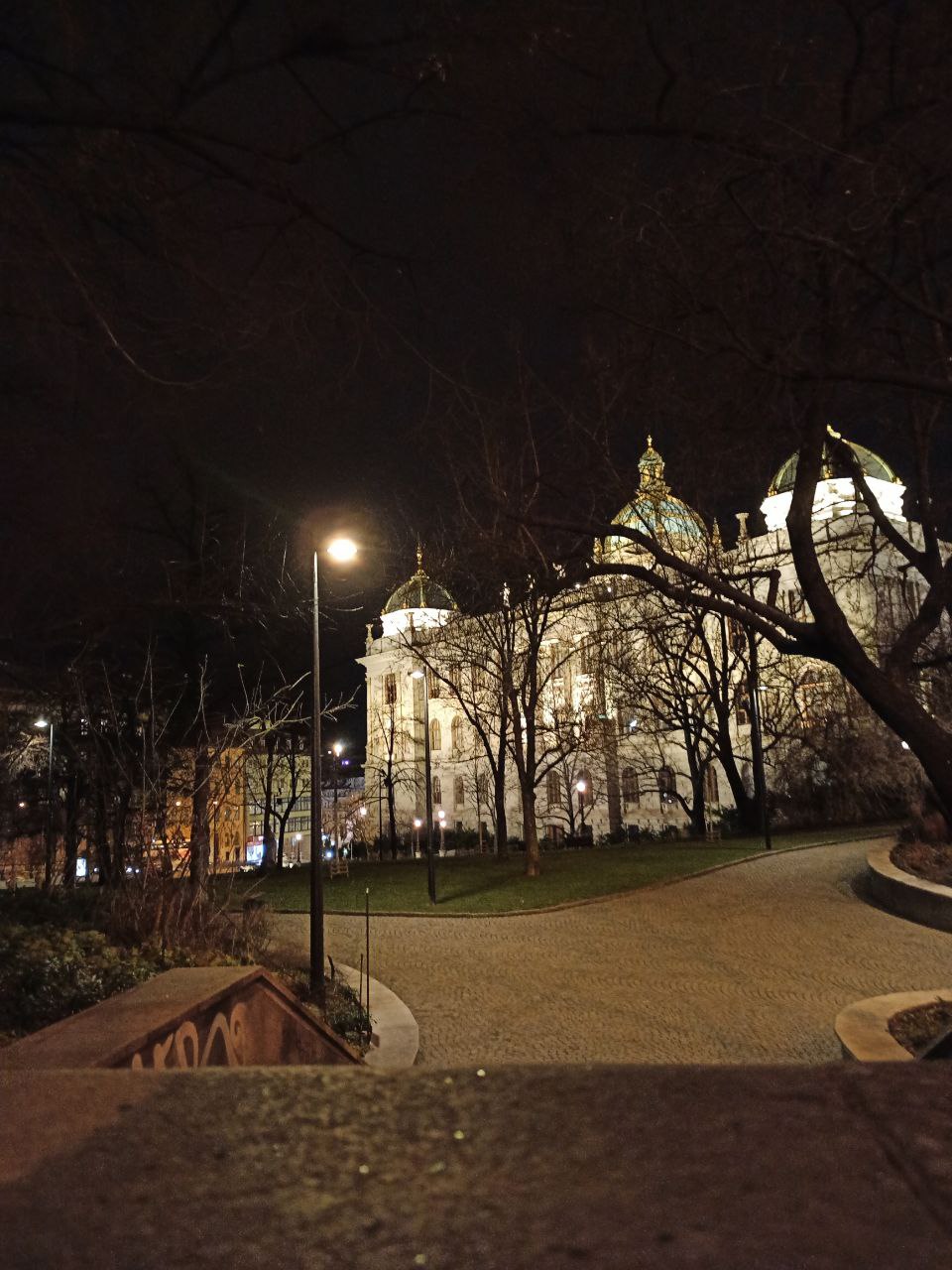
Having received education in the Czech Republic, entering the international IT market is much easier. Here they teach English three times a week, there is a lot of profile practice – during your studies you can get a good hand and build a portfolio. In addition, the Czech Technical University is known in its circles, it has a strong reputation, and after graduation, in principle, you can go anywhere. The main thing is to correctly present yourself at the interview and be sure to attach a cover letter when applying for a vacancy. For local companies, it is important that you are interested in them and devote time to a specific employer, and not send out resumes for vacancies.
Plans for the future are still unclear – there are two more years of the university ahead. Now I have a part-time job doing 3D modeling in an American startup. During the period of study, a student should not work more than the prescribed hours, so you can earn 800-900 euros per month on a part-time basis. In the future, I would like to move to a Czech company. In this case, it will be easier to resolve legal issues related to official registration in the state. Also, employment at a local enterprise will increase the chances of obtaining a work visa. I think that with my diploma there will be no problems finding a company, and if there is not enough experience for good vacancies, good old freelance will come to the rescue.
